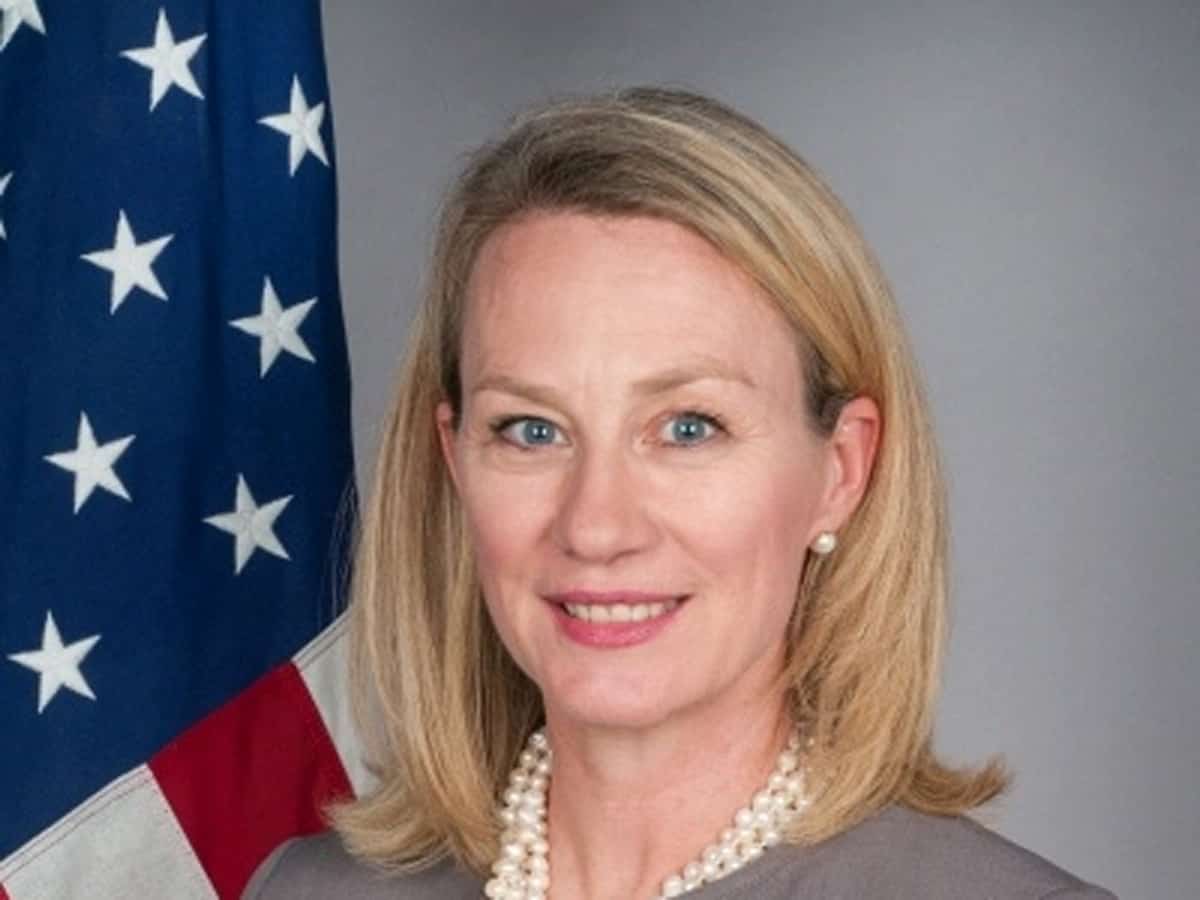siasat.com
Washington/New Delhi: The outgoing US Secretary for South and Central Asia Alice Wells on Wednesday strongly criticised Chinese movements on India’s border at Ladakh.
Answering a question on the recent India-China tensions, Wells replied: “The flare-ups on the border, I think, are a reminder that Chinese aggression is not always just rhetorical. And so whether it’s in the South China Sea or whether it’s along the border with India, we continue to see provocations and disturbing behaviour by China that raises questions about how China seeks to use its growing power,” reported The Hindu.
Wells statement came after the tension between the two countries increased following the incidents of violent face-offs in eastern Ladakh in the first week of May.
She added, “What we want to see is an international system that provides benefit to everyone and not a system in which there is suzerainty to China. And so I think in this instance, the border disputes are a reminder of the threat posed by China.”
After the clashes at Line of Actual Control (LAC), security agencies are now worried about the large presence of Chinese personnel and vehicles at Demchok sector of Ladakh region, which was normally used only for patrolling purposes. According to officials, about 1,000 heavy vehicles were seen across Demchok along with the presence of about 5,000 Chinese personnel including troops from the Peoples Liberation Army (PLA), The Week has reported.
“Massive build up at Demchok is possibly for some big construction activities. Normally, they (Chinese) come in the area only for patrol and move back. Last time the huge presence of Chinese was seen in Dokalam area in summers of 2017,” an official in the security establishment said. Last year in July, Chinese soldiers came close to Indian side in Demchok area, when some locals were celebrating the birthday of Dalai Lama.
In the meantime, Nepal has come up with a revised map that included Indian areas. Experts believe that the Nepalese action has been taken under the influence of Beijing.
Wells also commented on Nepal’s attitude saying, “In some cases the grant assistance has become a political football. I am confident that the government of Nepal is sovereign, that it does not take dictation from China. It does what is in the best interests of its country. The MCC is one of many US programmes to help Nepal develop. And we hope the Nepali leadership will stand up for the people of Nepal.”

